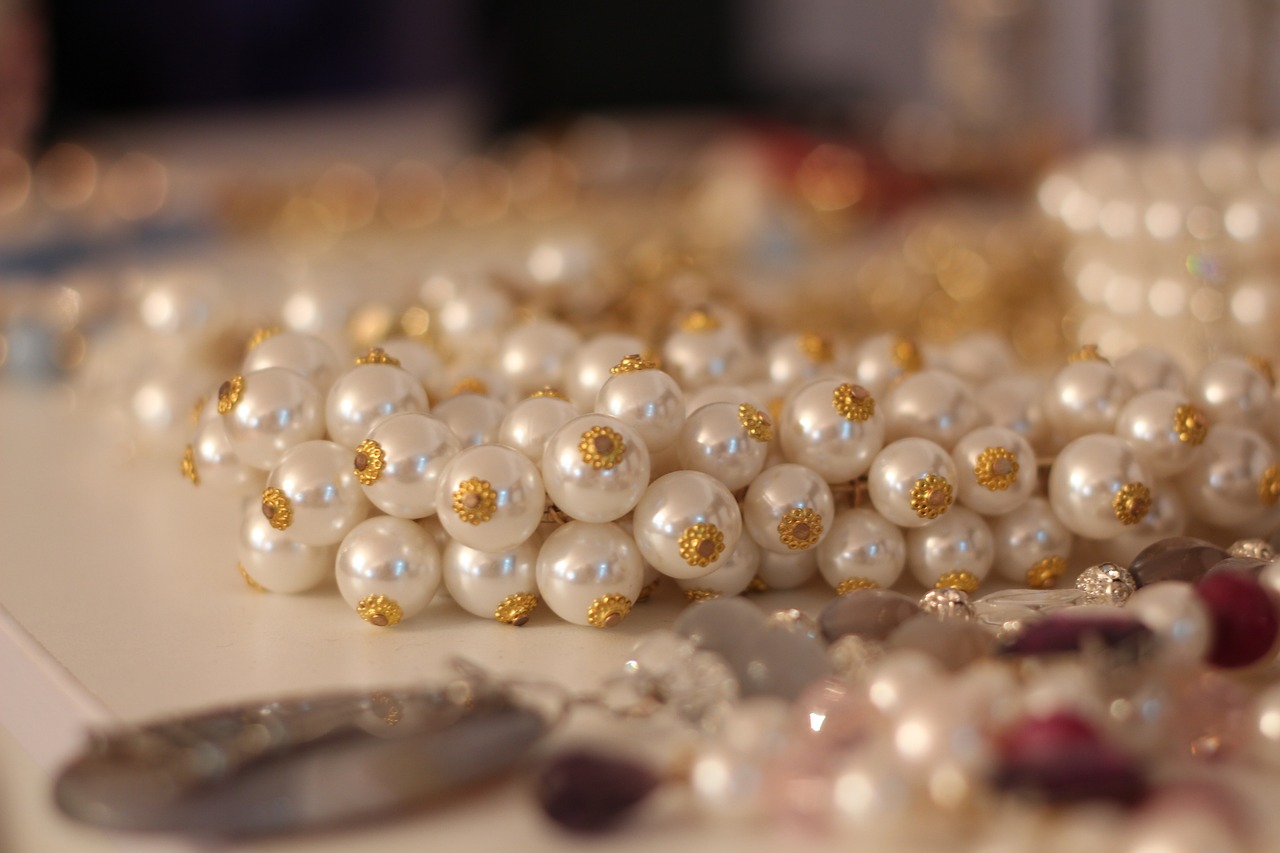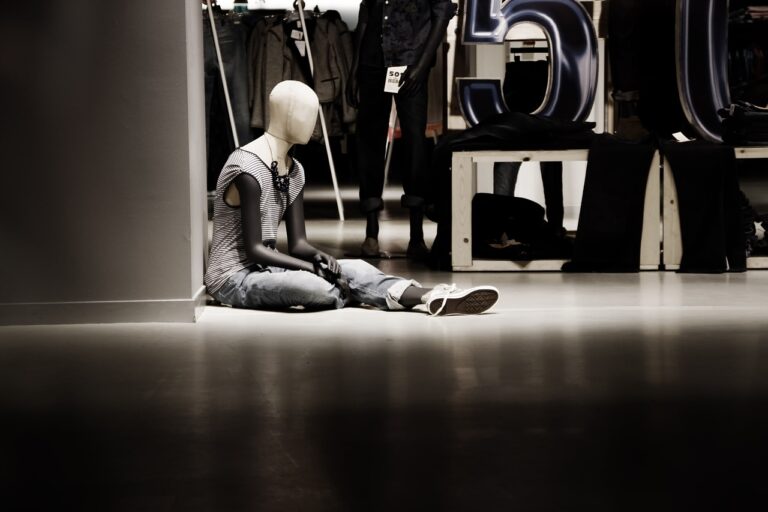Fashion Event Circular Fashion Panels: Discussions on Circular Economy Practices in the Fashion Industry: All pannel.com, Play99, Golds 365
all pannel.com, play99, golds 365: Fashion Event Circular Fashion Panels: Discussions on Circular Economy Practices in the Fashion Industry
Sustainability in the fashion industry has become a hot topic in recent years, with more and more consumers and brands recognizing the importance of reducing waste and minimizing environmental impact. Circular fashion, a concept that prioritizes recycling and reusing materials to create new clothing, has been gaining traction as a key strategy for achieving sustainability goals in the industry.
To delve deeper into the topic of circular fashion, a recent fashion event brought together experts from the industry for a series of panel discussions on circular economy practices. The event aimed to educate and inspire attendees on how circular fashion can revolutionize the industry and pave the way for a more sustainable future. Here are some key takeaways from the panels:
1. Introduction to Circular Fashion
The event kicked off with a comprehensive overview of circular fashion, exploring the concept of a circular economy and how it can be applied to the fashion industry. Panelists discussed the importance of shifting from a linear production model to a circular one, where resources are reused and recycled to minimize waste.
2. Sustainable Material Innovation
One of the key challenges in achieving circular fashion is the need for innovative sustainable materials. Panelists shared insights on the latest developments in sustainable materials, from recycled fabrics to biodegradable fibers, and how these materials are shaping the future of fashion.
3. Circular Design Principles
Designers play a crucial role in driving the adoption of circular fashion practices. Panel discussions focused on the importance of incorporating circular design principles into fashion collections, such as creating modular and multi-functional pieces that can be easily repaired and recycled.
4. Supply Chain Transformation
Achieving a circular economy in the fashion industry requires a transformation of the entire supply chain. Panelists discussed the challenges and opportunities of implementing circular practices in sourcing, manufacturing, and distribution, and the potential impact on cost and efficiency.
5. Consumer Engagement and Education
Consumer behavior is a key driver of sustainability in the fashion industry. Panel discussions highlighted the importance of engaging and educating consumers on the benefits of circular fashion, from reducing waste to supporting ethical brands, and how brands can communicate their sustainability efforts effectively.
6. Policy and Regulation
Government policies and regulations can also play a significant role in promoting circular economy practices in the fashion industry. Panelists shared insights on the current regulatory landscape and the opportunities for policymakers to support and incentivize sustainable practices.
Overall, the fashion event provided a platform for meaningful discussions on the future of circular fashion and the steps needed to accelerate the transition to a more sustainable industry. By fostering collaboration and sharing best practices, the fashion industry can work towards a more circular and environmentally conscious future.
FAQs
Q: What is circular fashion?
A: Circular fashion is a concept that prioritizes recycling and reusing materials to create new clothing, aiming to minimize waste and reduce environmental impact in the fashion industry.
Q: How can consumers support circular fashion?
A: Consumers can support circular fashion by shopping from brands that prioritize sustainability, recycling and donating clothes, and educating themselves on the benefits of circular practices.
Q: What are some examples of circular fashion practices?
A: Circular fashion practices include using recycled materials, designing products for longevity and repairability, implementing take-back and recycling programs, and supporting second-hand and rental fashion platforms.







